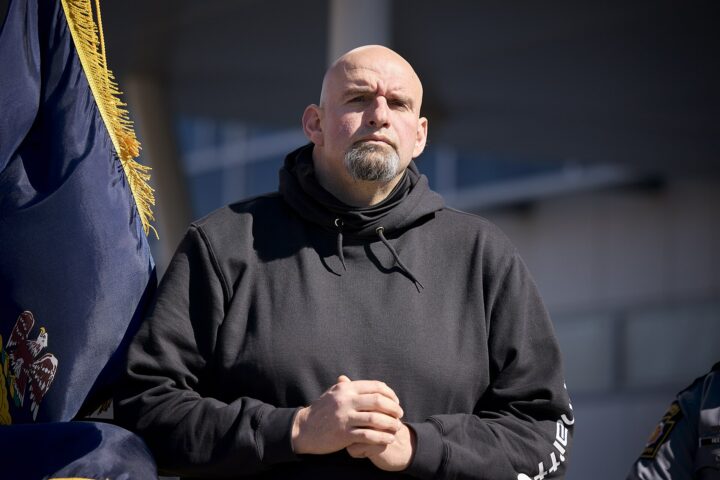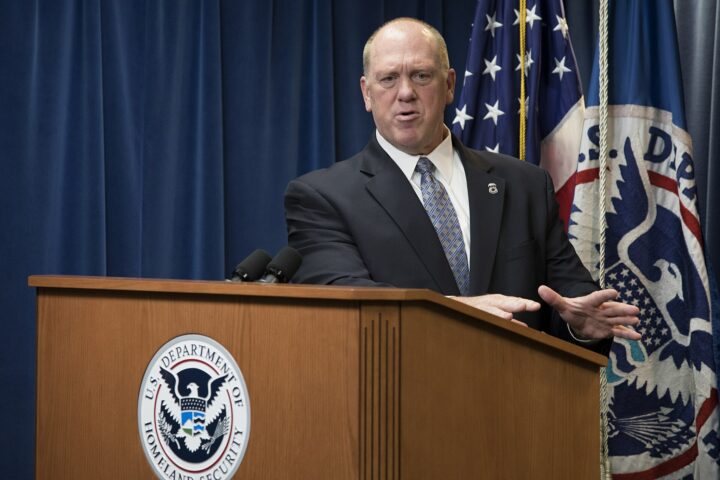The sweeping criminal case that once accused President Donald Trump and more than a dozen allies of orchestrating a scheme to overturn Georgia’s 2020 election results came to an abrupt end Wednesday, after the newly assigned prosecutor asked a Fulton County judge to dismiss the matter in full.
Fulton County Superior Court Judge Scott McAfee granted the request almost immediately. “This case is hereby dismissed in its entirety,” he wrote in a brief order that formally terminated what had been the last major state-level prosecution tied to efforts to reverse Joe Biden’s win in Georgia, according to ABC News.
Pete Skandalakis, executive director of the Prosecuting Attorneys’ Council of Georgia, took control of the case earlier this month after no other prosecutor in the state accepted the politically charged assignment. In a 22-page filing, he explained why he moved to shut it down: “In my professional judgment, the citizens of Georgia are not served by pursuing this case in full for another five to ten years.”
The decision closes out the final remaining criminal matter arising from the election-fraud allegations that were the centerpiece of Democratic efforts to prosecute Trump. A parallel federal case brought by special counsel Jack Smith collapsed earlier when the Justice Department invoked its policy against indicting a sitting president.
The Georgia indictment, originally filed by Fulton County District Attorney Fani Willis in August 2023, had accused Trump and 18 associates of racketeering and related felonies. Prosecutors alleged the group worked to pressure state officials, spread unsubstantiated claims of mass fraud, and assemble an alternate slate of electors in an effort to keep Trump in office.
Four lower-level defendants—Sidney Powell, Jenna Ellis, Kenneth Chesebro, and Scott Hall—had previously pleaded guilty and agreed to cooperate. But the prosecution unraveled after Willis was disqualified from the case over her undisclosed romantic relationship with a special prosecutor she had hired, triggering a leadership vacuum that state prosecutors ultimately declined to fill.
In his filing, Skandalakis wrote that the alleged acts attributed to Trump—“such as placing a phone call to Georgia’s secretary of state, issuing public statements, or sending text messages”—did not justify a racketeering case. He also noted that there was “no realistic prospect that a sitting President will be compelled to appear in Georgia to stand trial,” and argued that even after Trump leaves office in 2029, the logistical barriers to an immediate trial would be insurmountable.
He further contended that the conduct described in the indictment was largely planned and directed from Washington, D.C., and therefore belonged in federal rather than state court.
Trump attorney Steve Sadow welcomed the move. “The political persecution of President Trump by disqualified DA Fani Willis is finally over. This case should never have been brought. A fair and impartial prosecutor has put an end to this lawfare,” he said in a statement.
With Wednesday’s order, both of the high-profile criminal cases alleging Trump illegally sought to remain in power after the 2020 election have now been dismissed—an extraordinary reversal that underscores how dramatically the legal and political landscape has shifted since those charges were first unveiled.








